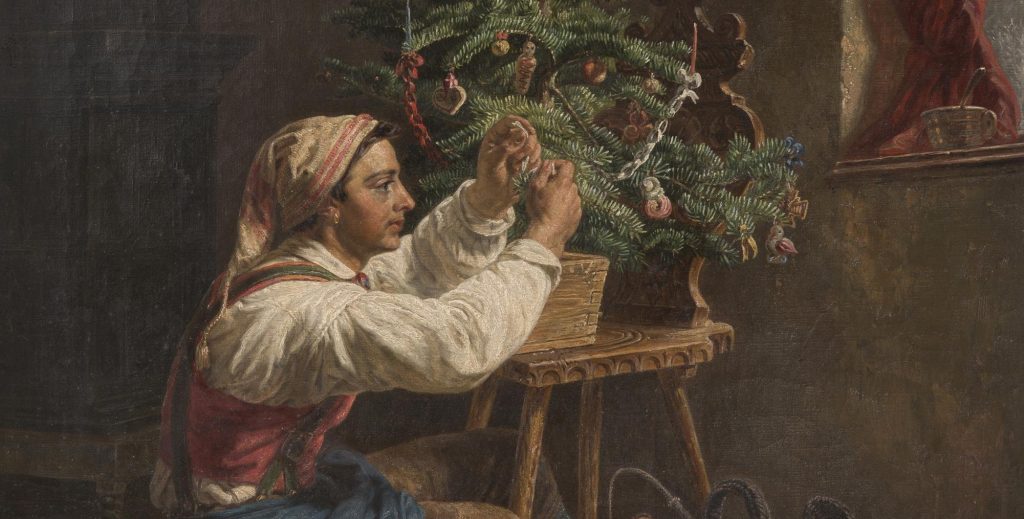Classical liberals might not agree that the EU, the UK, and the US are capitalist places, given the mounting number of anti-business regulations and measures.
On the other hand, critics of free markets need only look at the latest polls on what people want most for Christmas to frightfully barricade themselves against the hordes of money-thirsty capitalists behind the complete works of Marx and Co., finding at least some practical use in owning volume. This is because both in the US and the UK, the most desired gift for Christmas is money.
As a sidenote, these are the two countries with relevant data, and although there are statistics from Italy that are 2 years old that do not include money, either because Italians are more concerned about fashion, traveling, and smartphones than money, or because there was no option for imagining cash under the tree. So let us assume (backed up by a different poll) that the EU is not that dissimilar to the UK, as Brexiters wish to the islanders to believe, and that the residents of the old continent want “dough” just as much and not only as a culinary treat.
Even the most sanctimonious among us cannot claim with a straight face that Christmas is not about presents, at least partly. When the churches fill not only with the sound of bells but the clinking of coins as it fills the coffers, let us remind ourselves that Jesus is only a supporting character of the holidays.
The protagonist is Santa (even if the baby Jesus brings the presents as in Hungary), whose appearance became ubiquitous through globalization, political propaganda for a liberal democracy, and the marketing campaign of Coca Cola. The gift giving was present in ancient Rome where Saturnalia, falling on roughly the same date included presents. As such, Christmas is not merely a Christian Holiday but a truly Western holiday amalgamating all the customs of history.
Yet there is something off with the notion of wanting money for Christmas. Let’s just assume that you do not receive presents from a magical entity with endless resources like a communist utopia, but in fact, you give and receive presents to and from your loved ones. Would you really feel fulfilled if you were tossed a wad of cash by a special someone?
Moreover, people obviously want to receive more than they give. This would mean profit for some losses for others. More likely the income and outcome would be just about the same resulting in a zero-sum game at best.
However, the devil is in the details, lurking around the tree to offer the fruit of knowledge. If the question in the polls was “what do you desire most for Christmas” without specifying from whom, of course, the answer would be money. Who in their right minds would not want more wealth?
Nevertheless, gifts mean more than their mere financial worth. This is what Christmas is about and this proves the supremacy of free markets. The value of a present is determined by how much work went into it by the gifter (how much thought, planning, going after it, etc.), to show how much the receiver means to the one giving the present. A thoughtful drawing from your child or a relative might mean more than the umptieth expensive tie.
It is the internal market of your gift-giving circle that sets the true value of gifts. You had a whole year to buy all sorts of things for yourself, so for Christmas you might be happier getting something you would not purchase for yourself either because you do not know about it, or you do not want to waste money on yourself. Either way, if the giver anticipates that you would like it, it is the thoughtfulness and not the monetary value that gives the present that little extra which makes Christmas so special. No wonder money is not the most given present.
Christmas, as celebrated by the masses, has always been a capitalist holiday. That does not mean it needs to be about purely the money or profits even if someone has to lose. It is about investing into the sentimental value of gifts to strive for win-win situation. Raise your glass of coke to free markets and enjoy your new clothes!



